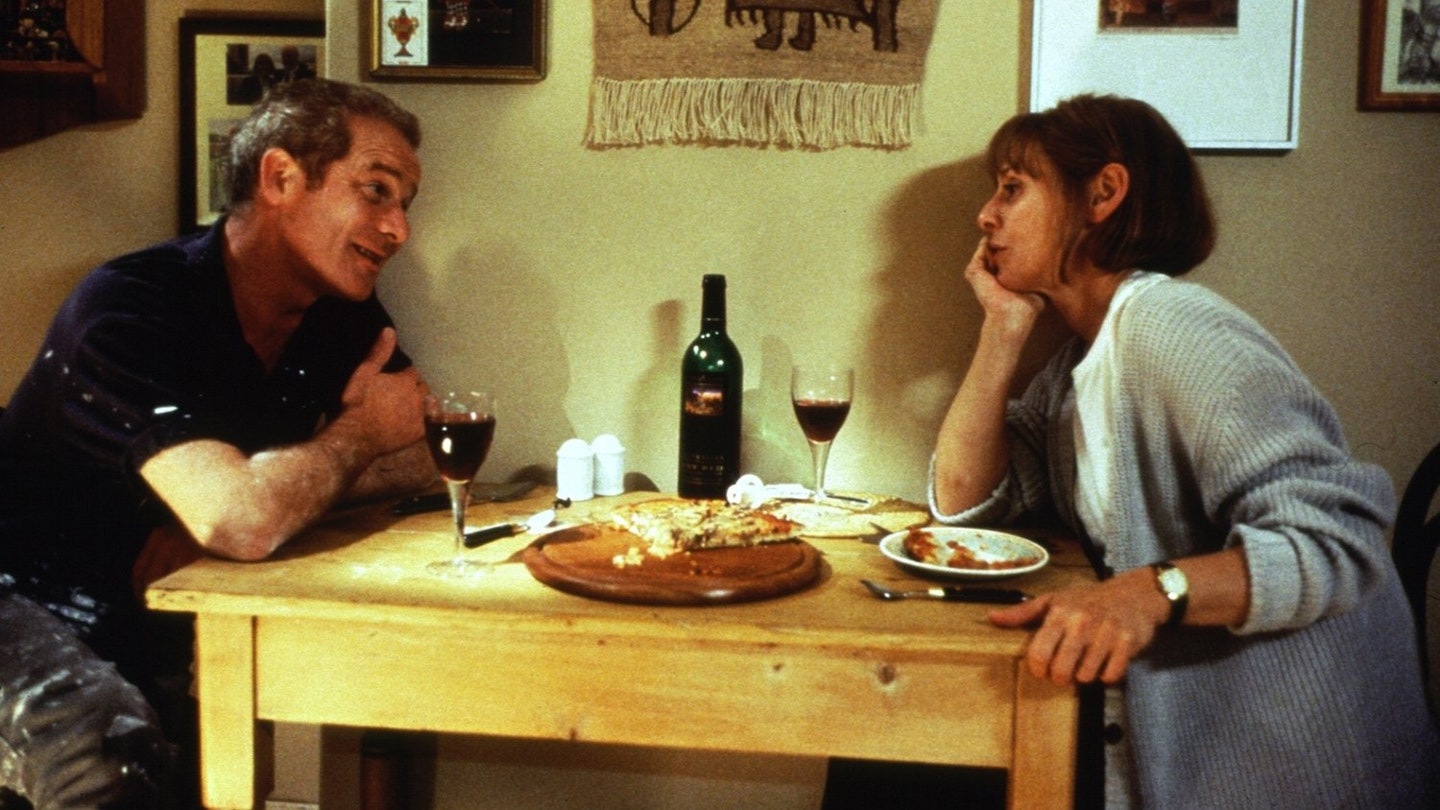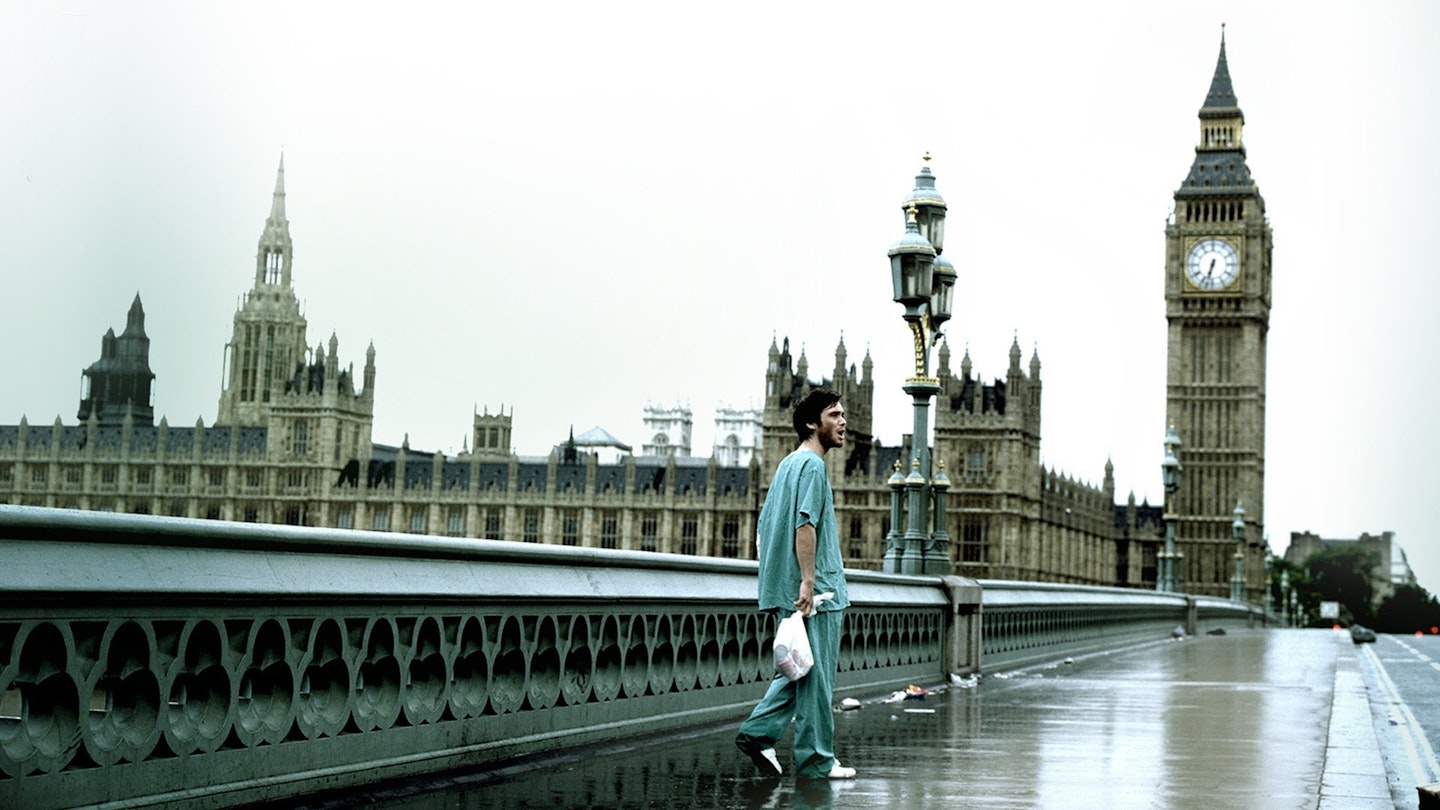In My Name Is Joe, Ken Loach works very near the top of his form, his angrily unblinkered vision of life at the rough end of modern Britain tempered with humanity, humour and a storyline that could almost come from a classic screwball romantic comedy. Joe Kavanagh (Mullan), a Glaswegian hard man with a quick-draw temper but a basically sweet disposition, has got sober after years of alcoholism, pulling himself back from the brink because he has realised how violent he can be when he drinks.
Coach to a ragged-arse local league football team, Joe's life is transformed, for better and worse, when he meets and slips into a relationship with Sarah (Goodall), a health visitor. Given that Joe is one of the unemployed (he gets in trouble for papering her walls) and Sarah is a social worker, their romance is, in Loach terms, akin to a farmgirl falling for a cowboy in a range war Western. Still, the feuding couple find common cause in the problems of druggie Liam (McKay), one of Joe's players who has run a debt to the local druglord-cum-minicab tycoon McGowan (David Hayman).
The conventions of the reformed alkie picture require the ex-drinker to struggle with his addiction manfully for most of the running time then have a dramatic relapse, only to be jolted into sobriety by tragedy. One of Loach's great strengths as a filmmaker is that he isn't embarrassed to tell this familiar story, empowered by the realisation that the heart is in the details: this couple, this drinker, this team, this city.
Mullan's Joe is a commanding presence, showing strength and decency even when sucked into Liam's criminal morass - but also frightening in a drunk scene which relies on verbal rather than physical violence. The star performance is surrounded by good work, especially from the appealingly open Goodall.

